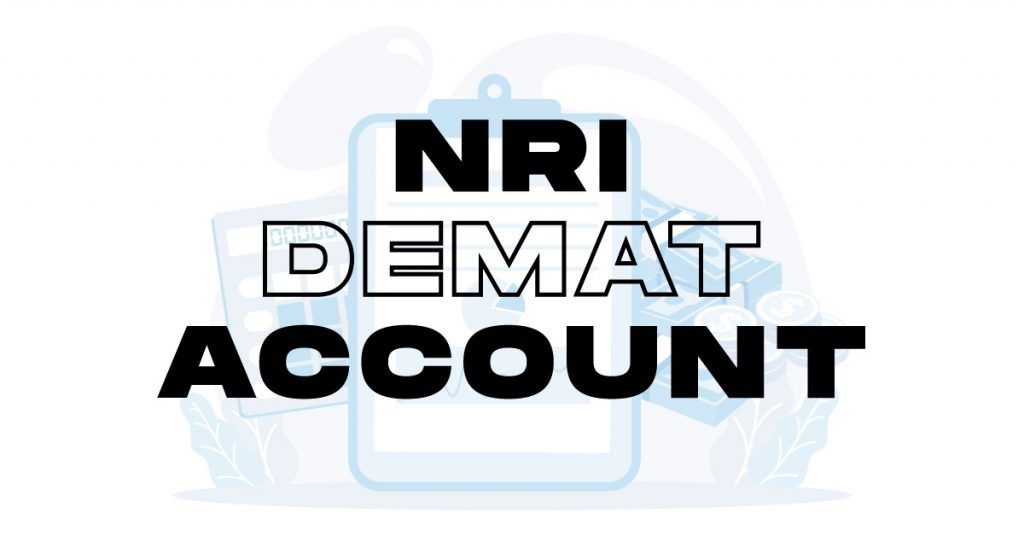UPI IPO Application - Apply IPO Through UPI
Written by Upstox Desk
Published on October 24, 2025 | 7 min read

In 2019, the Securities Exchange of India (SEBI) launched UPI for investors interested in applying for an Initial Public Offering (IPO). The primary goal was to make the filing process easier and more secure for investors, attracting more people to participate in IPOs. As a result, instead of complicated net banking, investors could use UPI as a payment method.
We all use UPI in our daily lives to transfer dues to a friend or to purchase cookies from a bakery. UPI has become so centralized that you can now use it to buy something from a street vendor. With recent technological advancements, UPI is no longer limited to transferring or sending money or purchasing goods from a retail or eCommerce outlet. Because you can now recharge multiple services and even pay your insurance premiums instantly with a few clicks on your mobile phone. And it has become even more advanced. You can apply for an IPO using UPI.
The IPO filing procedure has undergone ongoing modernization. Before then, interested investors had to obtain an application form by going to the broker's office. Then spend hours completing the application. Investors had to also attach many documents and a preliminary check.
What is UPI?
Although we have all used UPI at some point in our lives and are familiar with how it functions, let's gain a deeper grasp of UPI. As a step toward a more digitized India and to facilitate smoother transactions, The National Payments Corporation of India (NPCI) launched UPI on April 11th, 2016. UPI is an abbreviation for United Payments Interface. Essentially, this method facilitates the digital transfer of money between different parties. This has helped millions of people live better lives and boosted e-commerce enterprises. And today, as we will detail in the blog, it will enable investors to apply for an IPO.
IPO Definition -
An initial Public Offering is referred to as an IPO, and the term alone conveys a lot about what it is. It occurs when a business gives investors equity in exchange for money. The shares of a company are initially offered in the primary market, or IPO, just before it is listed on the secondary market or the stock market as it is commonly known. Interested investors can submit an application by placing a price and quantity bid.
Why is IPO allotment via UPI required?
The allotment was not guaranteed, and investors' capital could be frozen for a very long time. The Securities Exchange of India has always sought to streamline the registration procedure and secure investor funds to attract more investors for investing in IPO.
Even better news has just been announced for investors. Now you can apply for an IPO using UPI. We are all super familiar with UPI. Nowadays, we can't imagine life without it. It is quick, convenient, and safe at the same time. If you're an investor who wants to invest in an IPO but finds it to be too time-consuming and daunting, we explain how to apply for an IPO through UPI.
How IPO allotment through UPI works
There are a few methods by which Indian investors can apply for allotment in an IPO. The standard procedure is to go to the broker's office. Online is a second choice. Many brokerage companies now provide the opportunity for IPO applications to be submitted via their website or mobile application. Additionally, SEBI implemented ASBA in 2008. Or you can now use UPI to make the procedure incredibly convenient.
To apply using UPI, you must first have a bank account. After that, you must link your account with an active bank account to one with a reputable payment service provider, such as GPay or Paytm. You can easily select your UPI id as a payment method when filling out the IPO allotment application. Although it might appear difficult when read, this is actually very easy. If you already have a UPI connected to a bank account, it takes a few minutes and a few taps on your mobile device to complete the process. In the subsequent section, we'll outline the process step-by-step.
What makes it different from ASBA?
You may be wondering what UPI provides that ASBA does not. Applying for an IPO using UPI is very similar to applying via ASBA. Your money is kept secure because both restrict the fund until the shares are distributed. As long as the funds are blocked, you will receive interest from any of them on your money.
However, you should use the UPI option to save more time and enjoy greater convenience and customer service.
Benefits of applying in IPO with UPI
The following advantages listed below will give you an idea of what you can expect.
- Security - Until the shares are transferred into your Demat account, the company issuing the IPO cannot access your funds. Only the capital you applied for is blocked; the rest is accessible. When you receive your allotment, the banks transfer the funds, and the shares are transferred to your Demat account. The funds are released and immediately available if you do not receive the allotment.
- Transparency -You can apply for an IPO with confidence in the security of your capital. The procedure is transparent and user-friendly.
- Instant mandate creation - Applying for an IPO through UPI lets you create an instant mandate and submit your application in real-time.
- Earn Interest - One reason investors are hesitant about investing in IPOs is that their money gets trapped for a long time. It's worth the wait if you get the allotment. However, if you do not, you will incur a significant opportunity cost because you could have used the money for your benefit. Meanwhile, investing through UPI earns you interest until the allotment date.
- Save Time - Investing via UPI is extremely quick and can be completed in less than a minute. They are way faster than net banking or ASBA.
- Customer Support - If you have any problems with the process, you can contact the Payment Service Provider, i.e., the UPI apps you have used to apply for the IPO.
How to create a UPI id for applying for in IPO
- Though most of us have one or more UPI apps on our phones, here's a quick rundown of how to create one.
- Install the Payment Service Provider app. Paytm, PhonePe, and GPay are some of the renowned and widely trusted apps you can download in India.
- Enter the phone number affiliated with your bank account.
- Select a password and the bank to which you want to link it.
- After filling out the details, you must create a Pin for future transactions.
Steps to Apply in IPO through UPI
- You need to visit the website or app of the broker if you have a Demat account.
- In your account, go to the IPO section to find a list of all IPOs currently being issued.
- Fill in all the required information in the application form, including the price and quantity.
- Select your UPI id as the payment method.
- The app will send you a mandate request.
- The transaction will be authorized once you enter the UPI PIN, and your application will be approved.
The money will be sent to the issuer, and the shares will be placed in your Demat account if you receive the complete allocation.
Furthermore, if you receive a partial allocation, you can still access the remaining money after a portion of the funds has been released.
If you did not receive your allotment, your funds will be transferred at the end of the expiry date and will be fully accessible.
Frequently Asked Questions (FAQs) :
Q. Is UPI authentic?
UPI was developed by the National Payments Corporation of India (NPCI), and 71% of users prefer UPI over cash payments. Yes, it is absolutely authentic.
Q. How much time will the process take?
Investing in an IPO is very simple and quick. You need a Demat account linked with your bank account and choose UPI as the payment option.
Q. Will my money be kept safe?
Yes, your money is safe. The money is transferred to the issuer only when the shares are transferred to your Demat account.
About Author
Upstox Desk
Upstox Desk
Team of expert writers dedicated to providing insightful and comprehensive coverage on stock markets, economic trends, commodities, business developments, and personal finance. With a passion for delivering valuable information, the team strives to keep readers informed about the latest trends and developments in the financial world.
Read more from UpstoxUpstox is a leading Indian financial services company that offers online trading and investment services in stocks, commodities, currencies, mutual funds, and more. Founded in 2009 and headquartered in Mumbai, Upstox is backed by prominent investors including Ratan Tata, Tiger Global, and Kalaari Capital. It operates under RKSV Securities and is registered with SEBI, NSE, BSE, and other regulatory bodies, ensuring secure and compliant trading experiences.

























